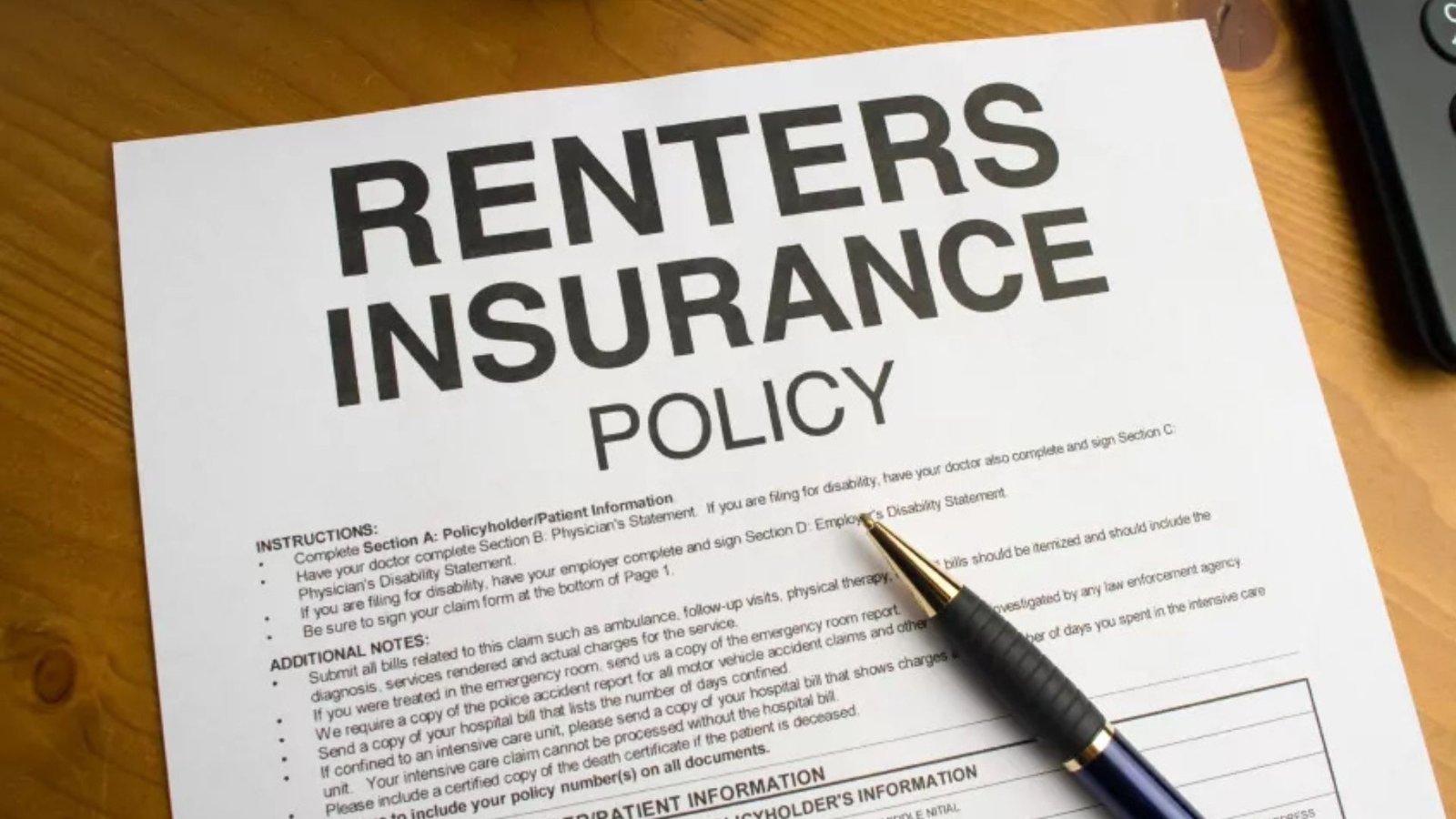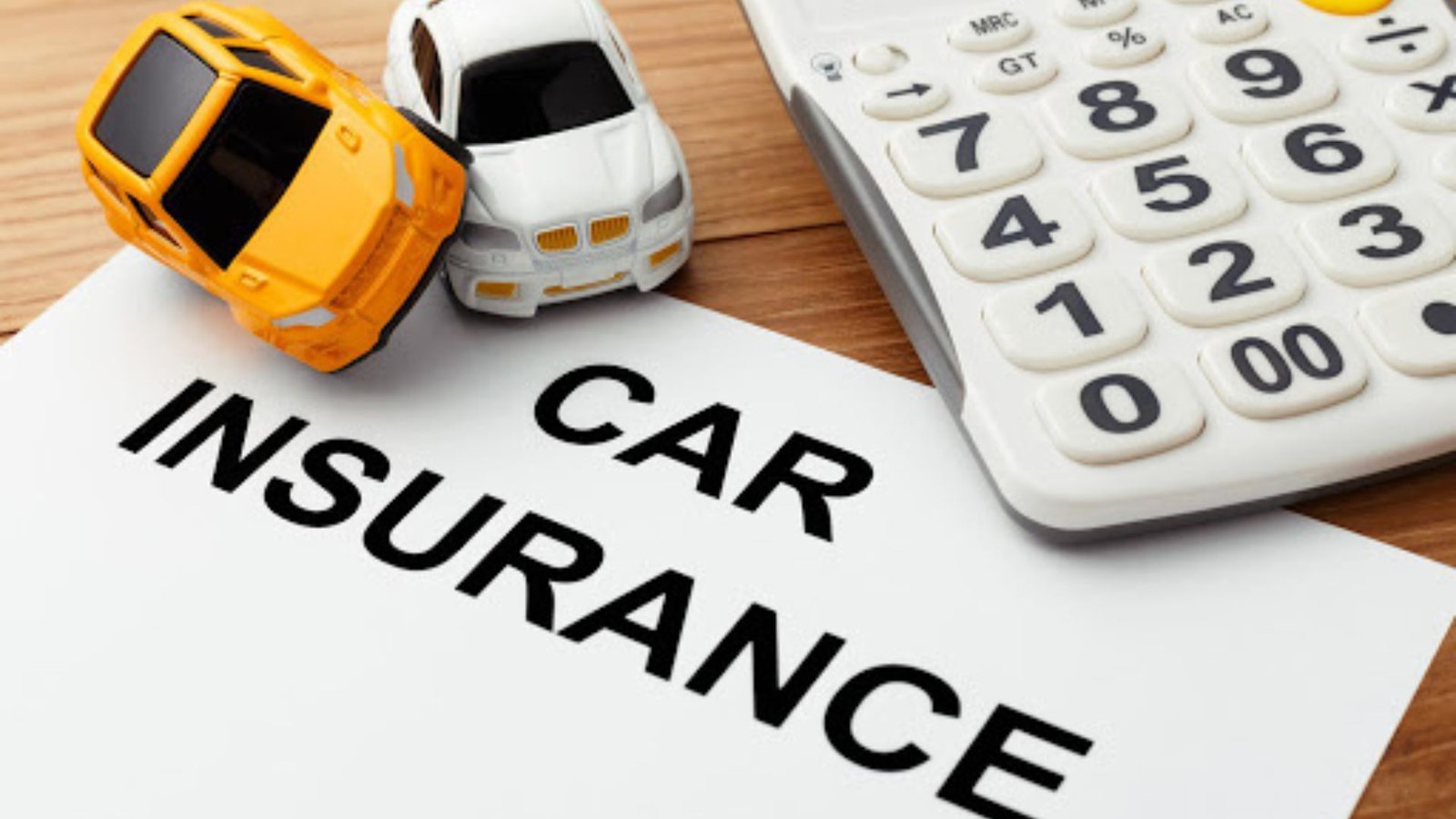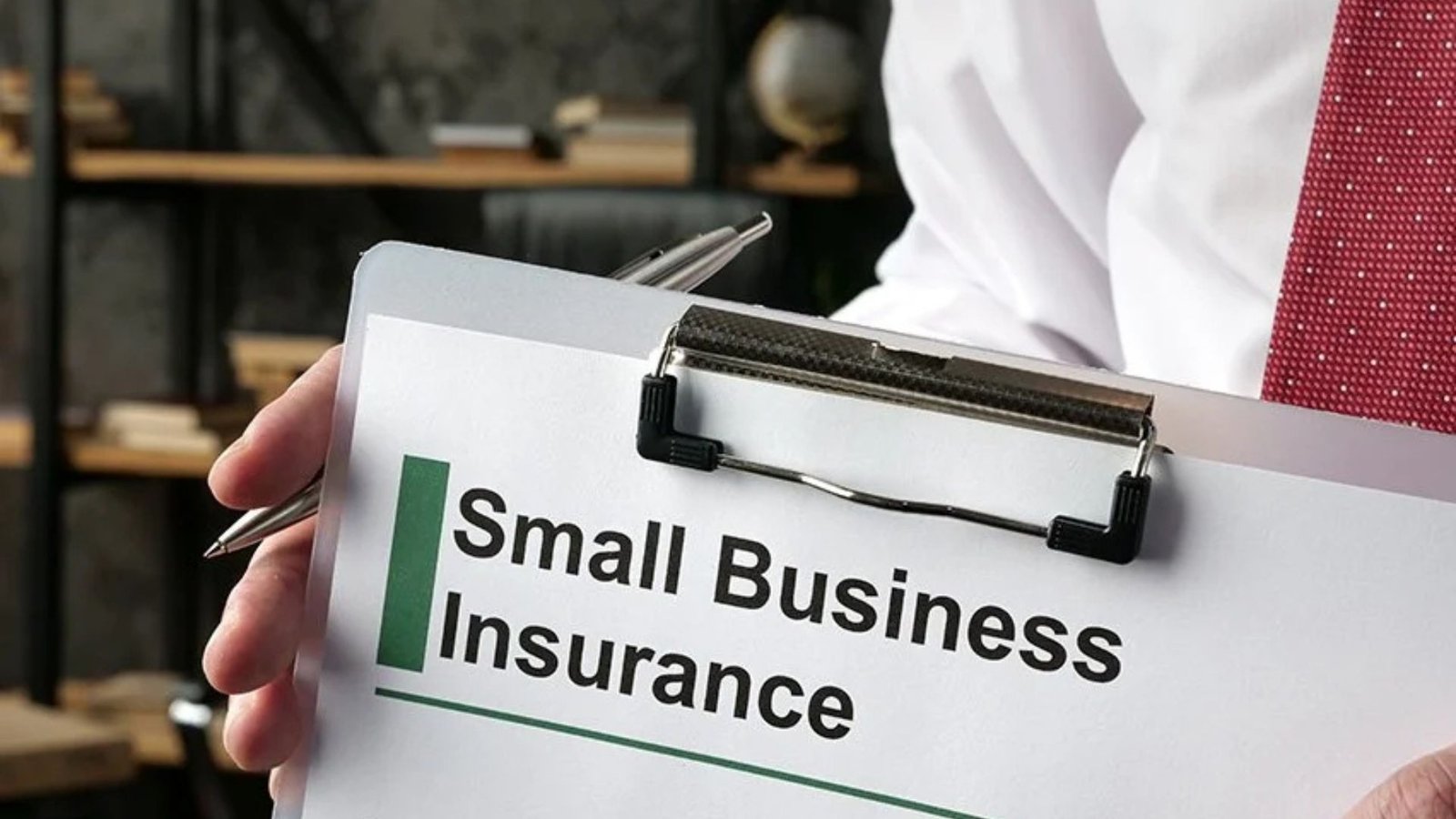As an entrepreneur, your business is your livelihood. Whether you’re a solo entrepreneur, small business owner, or the head of a growing company, it’s essential to safeguard your investment with the right kind of insurance. Business insurance helps protect your company from various risks, ensuring that you can weather unexpected events without devastating financial losses. But navigating the world of business insurance can be overwhelming. What types of coverage do you need? What risks should you account for? In this guide, we’ll break down the most important aspects of business insurance that entrepreneurs should understand to protect their ventures.
Why Business Insurance is Essential
Running a business involves taking risks, but having insurance can help mitigate those risks and provide financial security in the face of unforeseen challenges. Business insurance offers protection against lawsuits, property damage, employee injuries, and other incidents that could threaten the stability and growth of your business. Without the right insurance coverage, you could be exposed to significant financial liabilities that may even put you out of business.
Types of Business Insurance Every Entrepreneur Should Consider
There are various types of business insurance policies, and the coverage you need will depend on your industry, business size, and specific risks. Here are some of the most common types of business insurance every entrepreneur should consider:
1. General Liability Insurance
One of the most basic and essential forms of insurance for any business is general liability insurance. This policy protects your business in case of third-party claims of bodily injury, property damage, or advertising-related injuries. For example, if a customer slips and falls in your store or if you accidentally damage a client’s property while performing a service, general liability insurance can help cover the legal costs and any damages awarded in a lawsuit.
2. Property Insurance
If your business owns physical property—whether it’s office space, a retail store, equipment, or inventory—property insurance is crucial. This type of coverage protects your assets in case of damage due to fire, theft, vandalism, or natural disasters. Property insurance can help repair or replace damaged property and minimize the financial impact on your business.

3. Professional Liability Insurance (Errors and Omissions Insurance)
Professional liability insurance, also known as errors and omissions (E&O) insurance, is designed for businesses that offer professional services or advice. This coverage protects your business in case a client sues you for mistakes or omissions in the services you provide. For example, if you’re a consultant or lawyer, and a client claims that your advice led to financial loss, this policy can help cover legal fees and any resulting settlements.
4. Workers’ Compensation Insurance
If you have employees, workers’ compensation insurance is not only highly recommended but often legally required. Workers’ compensation provides coverage for employees who get injured or sick as a result of their job. It covers medical expenses, rehabilitation costs, and a portion of lost wages. Additionally, it helps protect your business from lawsuits related to employee injuries.
5. Business Interruption Insurance
Business interruption insurance helps replace lost income in the event that your business operations are disrupted due to a covered event, such as a natural disaster, fire, or other unforeseen circumstances. For example, if your business is forced to close for repairs after a fire, business interruption insurance can help cover the ongoing costs like rent, utilities, and employee salaries until your business is up and running again.
6. Commercial Auto Insurance
If your business uses vehicles—whether owned or leased—for transporting goods or providing services, commercial auto insurance is essential. This coverage helps protect your business in the event of an accident involving a company vehicle. It covers damages to your vehicles, medical costs, and third-party liabilities.
7. Cyber Liability Insurance
In today’s digital world, cybersecurity is a significant concern for all businesses, regardless of size. Cyber liability insurance provides coverage in case your business faces a data breach or cyberattack. This policy helps pay for legal fees, notification costs, and any other expenses related to managing the aftermath of a cyber event, such as restoring data or providing credit monitoring for affected customers.
8. Product Liability Insurance
If your business manufactures or sells products, product liability insurance is critical. This policy protects you if one of your products causes harm to a customer or damages property. It covers the cost of defending lawsuits and paying settlements or judgments if your product is found to be faulty or dangerous.
9. Key Person Insurance
Key person insurance is a type of life insurance policy designed to protect your business in case a crucial employee, such as a founder or top executive, passes away or becomes incapacitated. This insurance helps your business cover the financial loss while it finds a replacement or manages the transition.
10. Health Insurance for Employees
If your business has employees, offering health insurance benefits is not only a great way to attract and retain talent but is also often required by law in some regions. Providing employee health insurance can help employees manage healthcare costs, leading to a healthier workforce and greater productivity.
How to Choose the Right Insurance for Your Business
Choosing the right insurance for your business can be a daunting task, but it’s essential to evaluate your risks and needs carefully. Here are some steps to help you determine the best coverage for your business:
1. Assess Your Business Risks
Start by identifying the specific risks your business faces. Are you in an industry that deals with physical products? Do you provide professional services or advice? Do you have employees who need coverage? Understanding the potential risks will help you determine the insurance policies that best protect your business.
2. Understand Your Legal Requirements
In many places, certain types of insurance are legally required for businesses. For example, workers’ compensation insurance is mandatory for businesses with employees in many jurisdictions. Check with local authorities or consult an insurance professional to ensure you’re compliant with all applicable laws.
3. Work with an Insurance Agent or Broker
An insurance agent or broker can help you navigate the various options available and help tailor a policy that meets your needs and budget. They can also help you identify any gaps in coverage and recommend additional policies based on your business’s unique requirements.
4. Compare Quotes and Coverage
When choosing an insurance provider, don’t just look at the cost of premiums. Compare coverage options, exclusions, and customer reviews to ensure you’re getting the best deal. Often, paying a little extra for more comprehensive coverage can save you a significant amount in the long run.
Conclusion
As an entrepreneur, having the right business insurance can make all the difference in safeguarding your company from unexpected challenges. By understanding the various types of coverage available and evaluating your risks, you can choose the insurance policies that best protect your business and its future. Whether you’re just starting out or expanding your operations, investing in business insurance is a proactive way to ensure that your company remains secure and resilient in the face of adversity.











